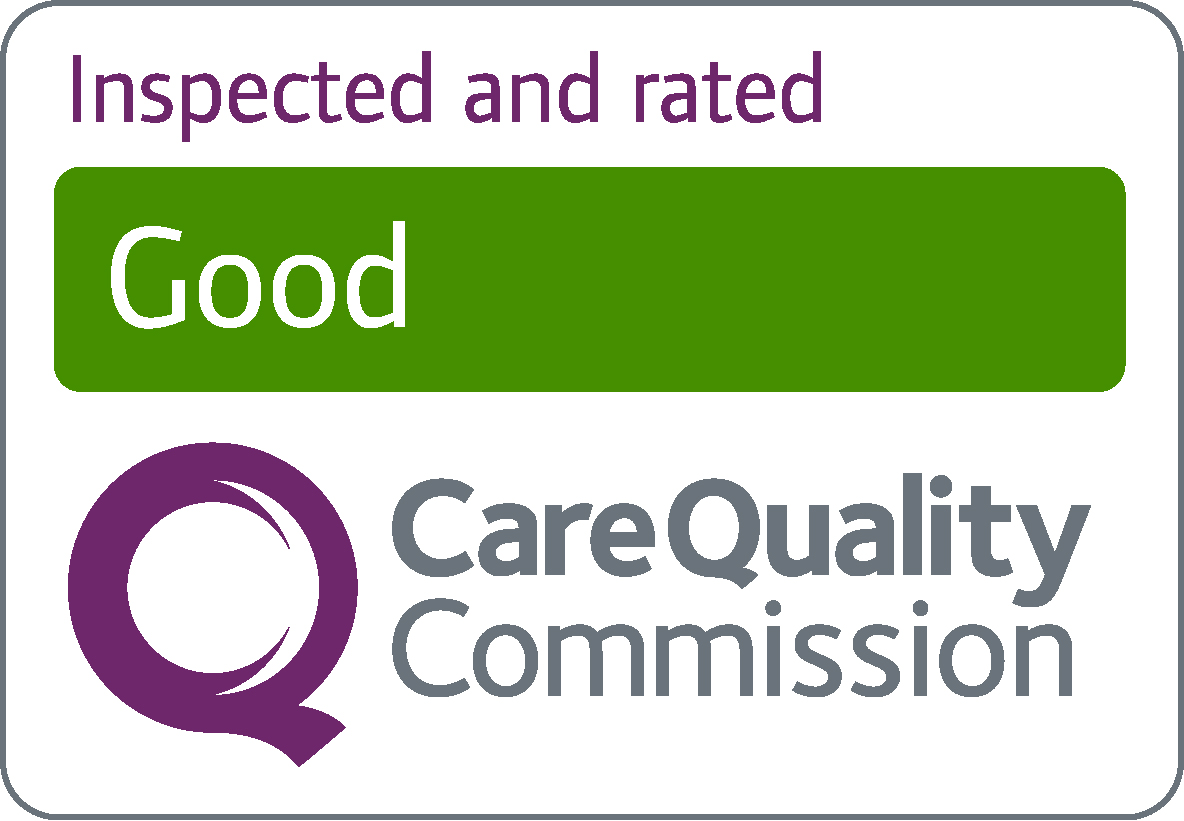Stroke research study launch
Date of release: 12 July 2024
A self-management programme to help people cope with fatigue following a stroke is being developed with the help of Wolverhampton NHS staff and patients.
The research programme, named COMbAT Fatigue, has been awarded £2 million by the National Institute for Health and Care Research (NIHR) and Stroke Association.
The conception of the research was in part inspired by discussions with community therapists at The Royal Wolverhampton NHS Trust and experts at the University of Birmingham, regarding lack of fatigue management post-stroke. These therapists also supported the original grant application.
Rachael Jones, Senior Advanced Nurse Practitioner (Stroke) at RWT, was one of the co-applicants for the grant from the Stroke Association and NIHR.
She has also provided clinical expertise to support the design and delivery of the whole programme grant.
Rachael said: “The goal is to develop and test a self-management programme which will empower stroke survivors to manage their fatigue, enabling them to engage in activities that bring joy, value and meaning to their lives.
“Post stroke fatigue has a significant impact on stroke recovery and long term health and wellbeing.
“This study will help patients with the tools to manage this.
“We would like as many patients as possible to join in our focus groups to help design this self-management programme. Please sign up.”
The Birmingham team will work together with people affected by stroke, caregivers, clinicians and other experts to adapt a management programme for the stroke community and web-based delivery.
“We don’t know the best way to manage fatigue after stroke, and many people don’t receive any information or support,” explained lead investigator, Dr Grace Turner from The University of Birmingham. “With around 50 per cent of people who have had a stroke experiencing fatigue, this is clearly an important area to tackle.
“Fatigue self-management programmes have been shown to be effective in managing fatigue in other conditions and we hope it could be a solution for post-stroke fatigue that can be implemented within current NHS care pathways.”
Professor Matthew Brookes, Clinical Director of the NIHR Clinical Research Network West Midlands, said: “This study is a great example of collaboration between the NHS, academia and community-based health practitioners. Fatigue is an issue for so many stroke patients and this research will look at ways to help them.”
Over the next five years the investigators will work with people who have had a stroke to understand their experiences of fatigue management, and co-design a fatigue management programme. This will lead to a large trial to test the interventions among more than 600 people who have experienced post-stroke fatigue.
Find out more and register by going to University of Birmingham - COMbAT Fatique
ENDS
- For further information, please email amy.downward@nhs.net
- If you are interested in taking part in research, you can find studies which may be suitable for you at NHIR - Be Part of Research

